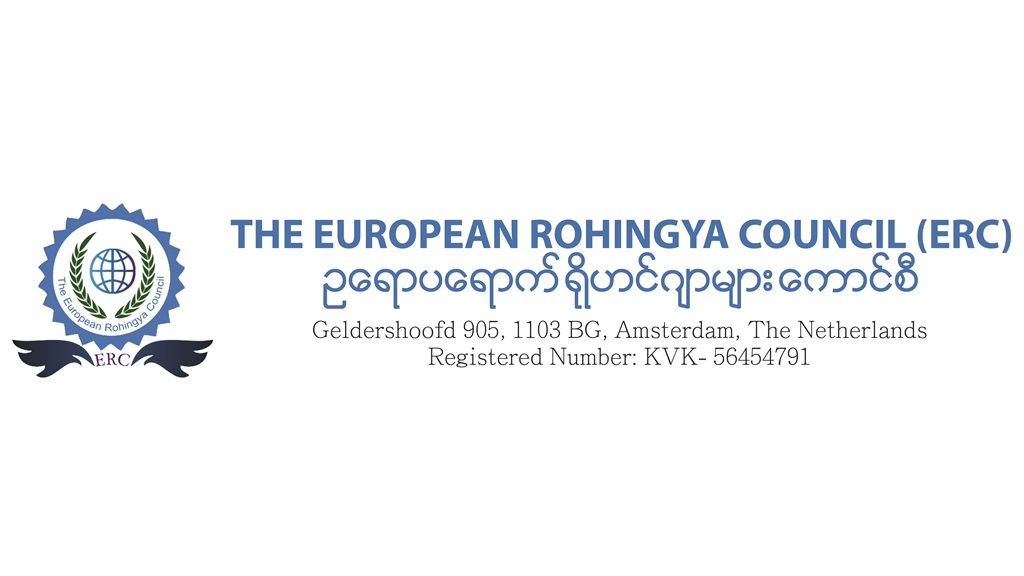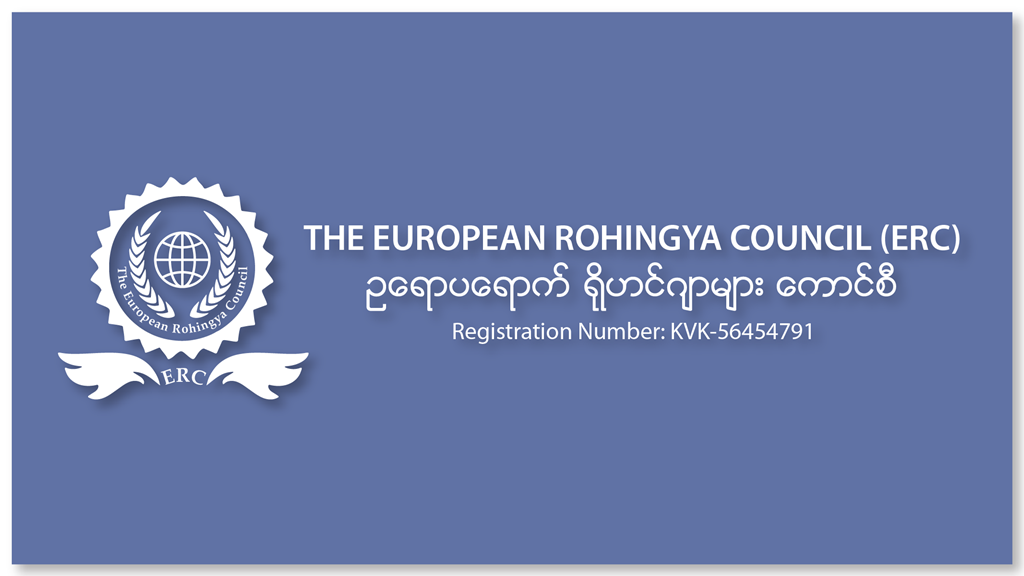
Letter of Concern Regarding the Pushback of Rohingya Boat to Sea
- 21/04/2020
- 0
I would like to refer to the incident of Malaysian Navy decision to push back the Rohingya boat to sea on 16th April 2020 as reported by Malay Mail on 17th April 2020.
In a repeat of the humanitarian crisis that the region saw five years ago, Malaysia has actively pushed back boats and turned desperate Rohingya people away from our shores. For years boats carrying thousands of desperate Rohingya people fleeing persecution in Myanmar or refugee camps in Bangladesh have been found at sea, seeking refuge in Southeast Asia.
Amnesty International has reportedly received information about an estimated three to five boats likely carrying Rohingya refugees spotted off the coasts of Malaysia and southern Thailand in recent days, with hundreds of people believed to be on board.
On 16 April, the Royal Malaysian Navy turned back a boat carrying about 200 Rohingya women, men and children, while reportedly providing food to those on board according to Malay Mail. The Royal Malaysian Air Force has cited COVID-19 measures as justification for turning boats away from their coast.
While we understand the challenges the Malaysian government is facing during the outbreak, we would like to persuade the Malaysian government to have a “change of heart” on humanitarian grounds for the most persecuted minority in the world, according to United Nations in 2013.
We call on governments in the region to allow them immediate safe disembarkation, especially the Association of Southeast Asian Nations (ASEAN) members to urgently agree to emergency measures to prevent another humanitarian crisis while accommodating governments’ existing COVID-19 restrictions at their borders. We fear that ASEAN will face a new humanitarian crisis while also battling a pandemic.
By pushing back the boats to sea, traffickers and smugglers who captain such ships would find other ways to enter into Malaysia or neighbouring nations, thus causing us to lose the window to do health screenings for Rohingyas on board and manage the risk of Covid-19 from spreading. Pushing back the boats to sea is a highly risky and miscalculated action which will backfire. It is best we rectify this urgently.
Earlier this week, ASEAN member states issued Declaration of the Special ASEAN Summit on Coronavirus Disease 2019 (COVID-19), a declaration following its virtual summit on COVID-19, affirming the bloc’s commitment to being a “caring and sharing ASEAN Community where ASEAN Member States help each other in this challenging time”. The regional bloc previously committed to “learn from past crises and strengthen the inclusion of migrants”, particularly in emergency situations. ASEAN governments signalled their solidarity in this difficult moment, therefore they must extend their compassion to those in immediate danger at sea. ASEAN states must ensure that policies on COVID-19 uphold everyone’s rights and do not jeopardize people in need of humanitarian assistance and international protection. Malaysia being an ASEAN member has the obligation to fulfil its pledges and so does all other ASEAN members. ASEAN till today has not been able to effectively address the violence that pushes the Rohingya people out of Myanmar, where the root cause of the problem originates from.
The UN Refugee Agency, UNHCR, has affirmed that states’ prerogative to regulate the entry of foreigners to their territories cannot – even in the context of a global pandemic – result in a denial of people’s right to seek asylum from persecution. Likewise, the International Organization for Migration stated that human rights obligations and international maritime law must be upheld during the COVID-19 response. This week the Council of Europe’s Commissioner for Human Rights also called on European Union member states to continue to save lives at sea and provide for the safe disembarkation of passengers despite the unprecedented challenge of the pandemic.
Crimes against humanity have continued against the estimated 600,000 Rohingya still living in Rakhine State, Myanmar. And after several waves of brutal military operations in 2016 and 2017, nearly 1 million Rohingya live in crowded refugee camps in Bangladesh, dependent on humanitarian assistance for their survival.
International law imposes obligations on states to protect the human rights of refugees arriving on their shores. Malaysia’s pushback action violates international obligations to provide access to asylum seekers. In this regards, Malaysia could have welcomed the refugees ashore and quarantined them with further health checks.
The principle of non-refoulement obliges states not to return anyone to a territory where they would be at risk of persecution or serious human rights violations. The principle is the cornerstone of international refugee protection and is fundamental to the absolute prohibition of torture and cruel, inhuman or degrading treatment or punishment. The principle of non-refoulement is also protected under general international human rights law, as well as customary international law, which is binding on all states. The ASEAN Human Rights Declaration also includes the right to “seek and receive asylum.” Pushing the boats back to sea has dire consequences and puts the people in continuous torture like conditions on the boats.
We are thankful that the government of Malaysia has been taking care of the Rohingya refugees in the past and we are grateful of all the help rendered to them. We are only asking the government of Malaysia to extend the same courtesy to the refugees on the boats and avoid the horrific consequences of the sea being the graveyard for our people.
Last but not least, we are ever ready to help consult with the government in coming up with a plan for the management of the arriving boat people should the government allow them to land. We give our commitment according to our capacity and capabilities.
Yours sincerely,
TENGKU EMMA ZURIANA BT TENGKU AZMI
Ambassador to Malaysia
The European Rohingya Council






